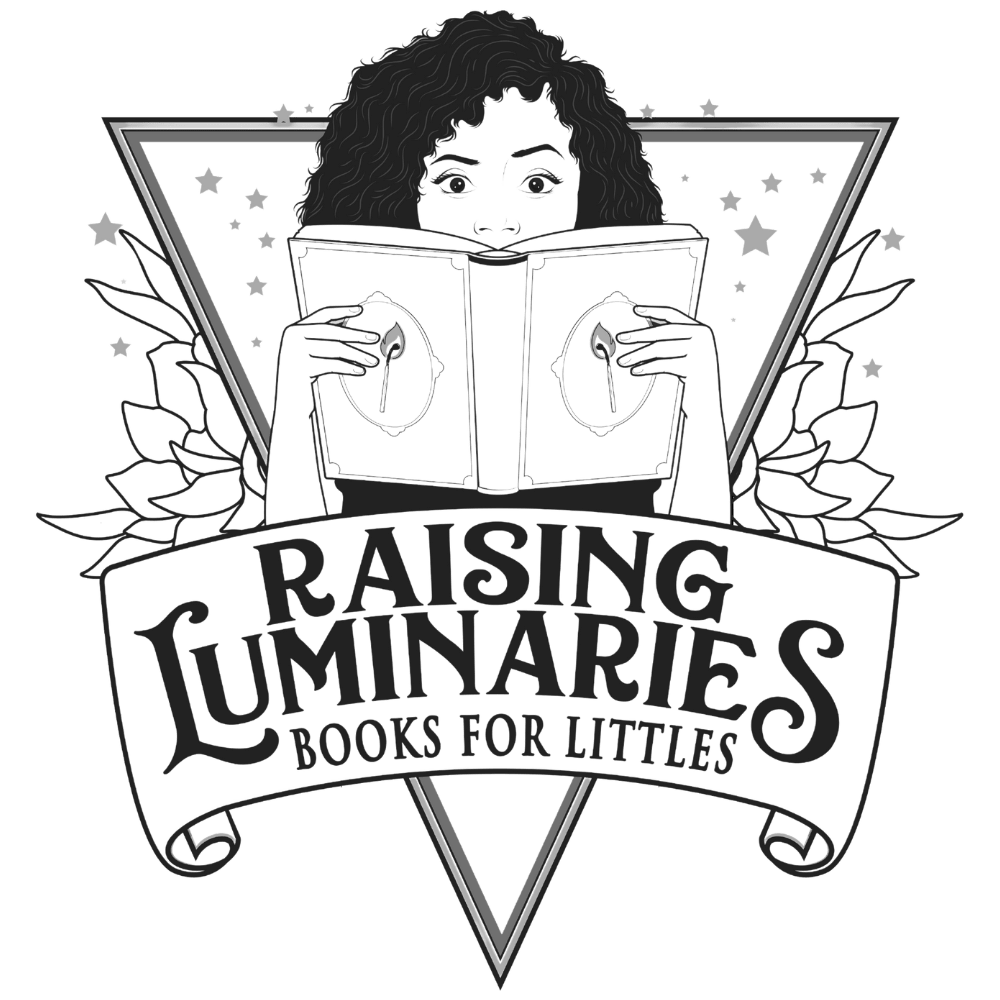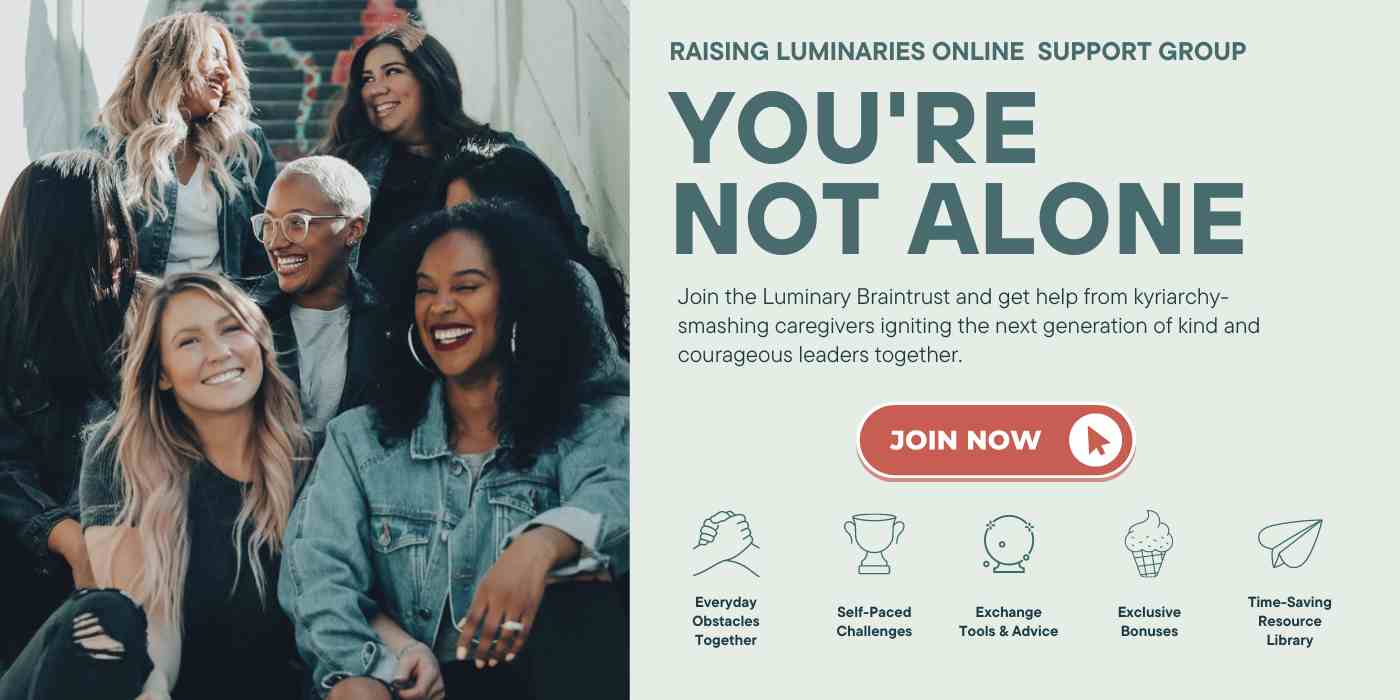Child-led toolkits explore social justice issues, helping kids step into their power as activists for change.
RAISING LUMINARIES
Raising Luminaries creates workshops, training, and educational resources for parents & caregivers igniting the next generation of kind & courageous leaders.
ABOUT | MISSION | FINANCIALS | ACCOUNTABILITY
SHOW YOUR SUPPORT
STAY IN TOUCH
Get free weekly email notifications with toolkits, guides & little delights
FREE STUFF
JOIN OUR COMMUNITY
SHOP
Posts may contain affiliate links and sponsorships, which allow me to earn a commission at no extra cost to you.
PARTNERS IN CAHOOTS
TOPICS
Social & Emotional
Disability
Gender Spectrum
Asian & Pacific Islanders
Anti-Racism
History
Holidays
Black Identities
Family Constellations
Body Acceptance
Indigenous
Activism
Elders
tricksters
Immigration
Ageism
Humor
Wealth Inequality
LGBTQiA2S+
Faith & Religion
Saviorism
Mental Health
Climate Justice
#OwnVoices
youth activism
healthy masculinity
generational trauma
Speciesism
Pandemic Life
Model Minorities
Tokenism
Education
Interdependence
Collective Action
Death
Unschooling
Sexuality
Latinx
By Age
Multiracial
third culture kids
STEAM
Adoption
Classism
summer
whitewashing
CONTACT
RECIPROCATE
Collaborate with Raising Luminaries on an issue important to you.
You’re welcome to share & boost this toolkit, with attribution to Raising Luminaries.



